#SPOTLIGHT ON RASHAYLA MARIE BROWN
How did you come of age as an artist? How did you come to your current practice?
I never thought in a million years that I would begin to direct videos or make films. I began in fits in starts with drawing and painting, spoken word poetry, and occasional DJing, all while working very traditional corporate or academic jobs. However, I've always been strongly attracted to imagery of beautiful Black women and the more nuanced aspects of Black popular culture even as a child artist. I took that attraction into my work and began working with camera-based media, simultaneously photography and video, in 2011 when I began attending the School of the Art Institute of Chicago. I became known for this work in Chicago pretty quickly, particularly my self-portraits and images of my family in my first solo show Vagabunda at the Chicago Artists Coalition. Since then I've also begun doing more conceptual performance work incorporating my writing, usually in the form of performative lectures and projections with images culled from popular culture and my own practice. I'm still learning a lot about shooting and editing video, but I find it has an accessibility to folks who don't enjoy the elitism of the art world. It's my goal to always be able to navigate the worlds of academia, the contemporary art market, and popular media simultaneously with relative ease.
What was the inspiration for your Open TV project?
A few years ago, my cousin Sharhonda Stockman was attempting to shoot a reality TV show pilot and was having a hard time getting her project picked up by major networks. Eventually she was in heavy contract negotiations, but the show was dropped, probably very likely because she and my mother did not want their image to be exploited for negative stereotypes. I was very intrigued by the idea of making a reality inspired show that didn't really make a lot of sense or disrupted our typical notions of how that show should go, especially one featuring an all-Black female cast. I became more interested over time in trying to create a sense of connectedness to the people behind the camera, perhaps even more than the ones in front of it.
What's next for you or your series?
I intend to create a much longer edit of this, incorporating new footage since my sister's wedding. I want to turn the video into a three-part feature and submit it to film festivals. I imagine it will take many years, but my dream is to eventually go to Sundance with some type of film. I also would like to do a documentary about my academic interests in religious syncretism. I really look up to how independent filmmakers such as Lena Dunham and Issa Rae have made the leap to popular culture.


